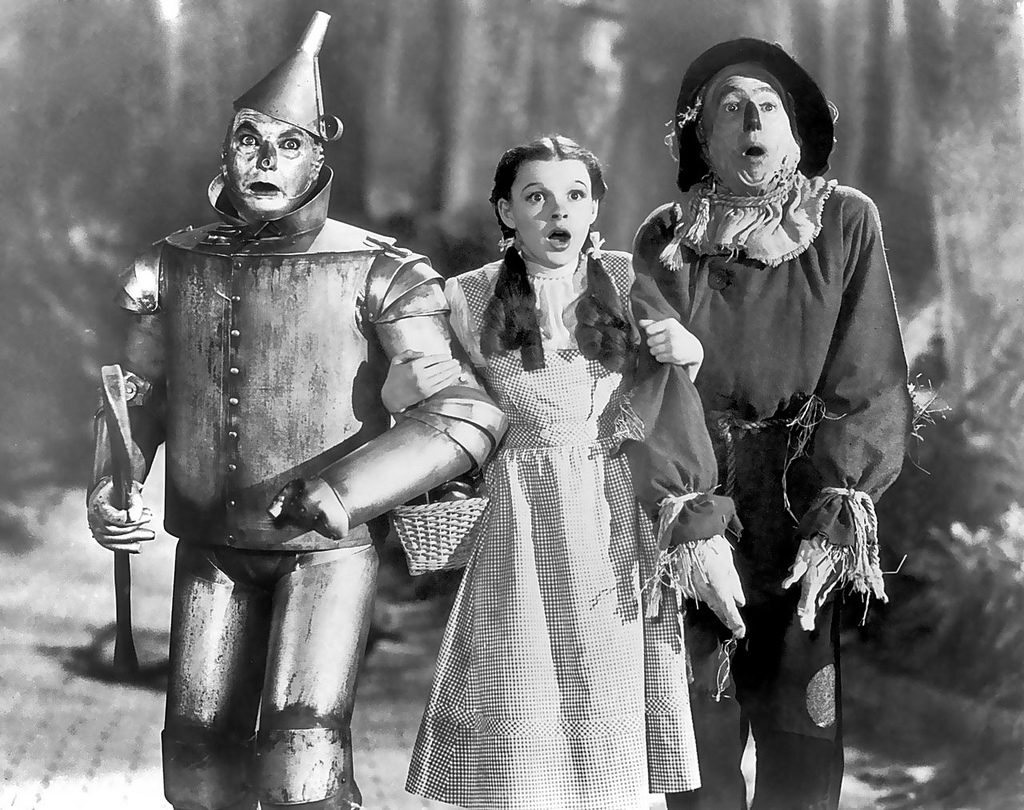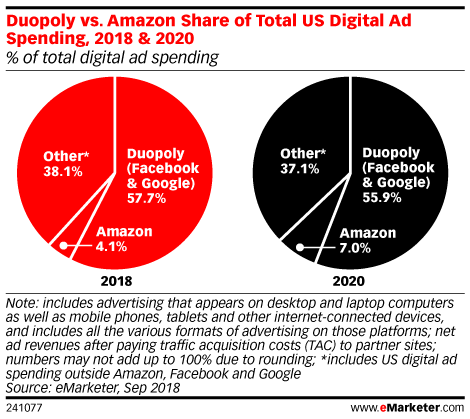“I read books.”
-Elon Musk, when asked how he learned to build rockets
“Reading is still the main way that I both learn new things and test my understanding.”
-Bill Gates
“Everybody can read what I read, it is a level playing field.”
-Warren Buffett
“Everything I read was public…The same information was available to anyone who wanted it. Turns out most people didn’t want it. Most people won’t put in the time to get a knowledge advantage.”
-Mark Cuban
“You should read more books. They’ll make you smarter!”
-your Aunt Janice
But you probably don’t need four billionaires and your Aunt Janice to convince you that reading books is important.
The real challenge is: How can you actually read more?
This post outlines a few simple tactics to help you do just that. But first, a quick story from my childhood.
In high school, my goal was to graduate without reading a single book cover to cover. Some students dream of making the varsity basketball team or getting into Harvard. Mine was to get through those four years without reading a single book. #goals
I never achieved that goal.
I read one book in high school. And it wasn’t because I stumbled upon a book in a hidden corner of the library that unlocked some previously unrealized love for reading. No, it was because my 10th grade English teacher finally assigned us a book that wasn’t available on SparkNotes. (SparkNotes was the early 2000’s version of CliffsNotes, and CliffsNotes was the 70’s version of cheating.)
Fast forward to 2012, when I finally realized that reading was not only important, but also a key differentiator in high performers. That’s when I started tracking the number of books I read each year.
Here’s what it looks like…
Things have certainly changed since my high school days. In 2016, I read more than double the amount of books from the year prior.
Here’s my advice for how you can do the same.
Change your perspective
In 2013, I read six books. The life expectancy for a male in the United States is 76 years old. I realized that if I continued reading only six books per year, I would only read 300 books for the rest of my life!
Count how many books you read last year, and multiply that by the number of years left in your life expectancy. Are you satisfied with that total? If not, allow it to motivate you out of a reading rut.
The truth hurts sometimes — but you can use it to your advantage.
(This is also a useful mindset to apply to other goals in your life. Want to travel more? Ask yourself how many countries you’re visiting each year. Want to have a stronger relationship with your family members? Take stock of how often you’re talking to them on the phone.)
Invest in a Kindle
On a slightly less morbid note: Think seriously about getting yourself a Kindle.
Disclaimer: I know some people can’t imagine reading anything other than the tactile pages of an actual paper book. If that’s you, no worries — keep rocking those traditional books.
But if you’re open to it, a Kindle is guaranteed to help you power through more books. Here are a few reasons why:
- The Kindle Paperwhite is .32 inches thick and weighs only 6.4 ounces, but it can store 6,000 books. The average single paperback is one inch thick and weighs slightly under one pound. With a Kindle, you’ll never again have to weigh the pros and cons of packing that heavy hardcover in your carry-on. Simply slide it in your bag (or your back pocket), and boom — you’ve got countless titles at your fingertips.
- You can pick up where you left off on your phone. Instead of scrolling through Instagram in the grocery store line, finish up a chapter on the Kindle app.
- The Kindle has a built-in light that turns all external lighting into reading lighting. (Sayonara, strained eyes.)
- You can read the Kindle with one hand. If you’ve ever tried to turn the page of a standard book while standing on a subway or train, you’ll know what a game-changer this is.
Join a library and get the Libby app
With so much free content available online these days, it’s sometimes tough to rationalize spending $9.99 on a book. Luckily, Benjamin Franklin invented this little thing called a library in 1731.
After joining your local branch, download the Libby app to access to your library’s eBooks for free. You can even send those free eBooks directly to your Kindle — all for free. (Did I mention it’s free?)
Here’s how easy it is:
- Find your closest library.
- Sign up for a free library card, which shouldn’t take more than two minutes. (Just bring a valid form of ID to prove you live in the area.)
- Install the Libby app, and log in with your library card number.
- Find a free eBook.
- Read it directly in the Libby app or send it straight to your Kindle.
Embrace change
Most people tend to either read exclusively non-fiction (“I want to learn something!”) or exclusively fiction (“I want to have fun while reading!”).
Regardless of your preference, it’s important to switch things up. If you’re a fiction aficionado, give a non-fiction book a go every so often — and vice versa.
Though I’m personally a fan of non-fiction books, I get burnt out after about three of them. To get out of this rut, I’ll grab an easy fiction read to rip through (Jack Reacher novels are my go-to).
These small shifts will reset your reading experience, leaving you refreshed and ready to jump back into your preferred genre with a new zeal.
Don’t lose momentum
It can be tempting to bask in the glory of finishing a book, but remember: An object at rest stays at rest. Your brain will easily find any reason not to do something—especially, I find, when it comes to reading. So as soon as you finish a book, buy/download/order your next one immediately. Not after a few hours, not after a few days, but in the same sitting.
This simple behavioral shift can lead to massive results.
You already knew you should read more books. And now you know how to actually do it.




